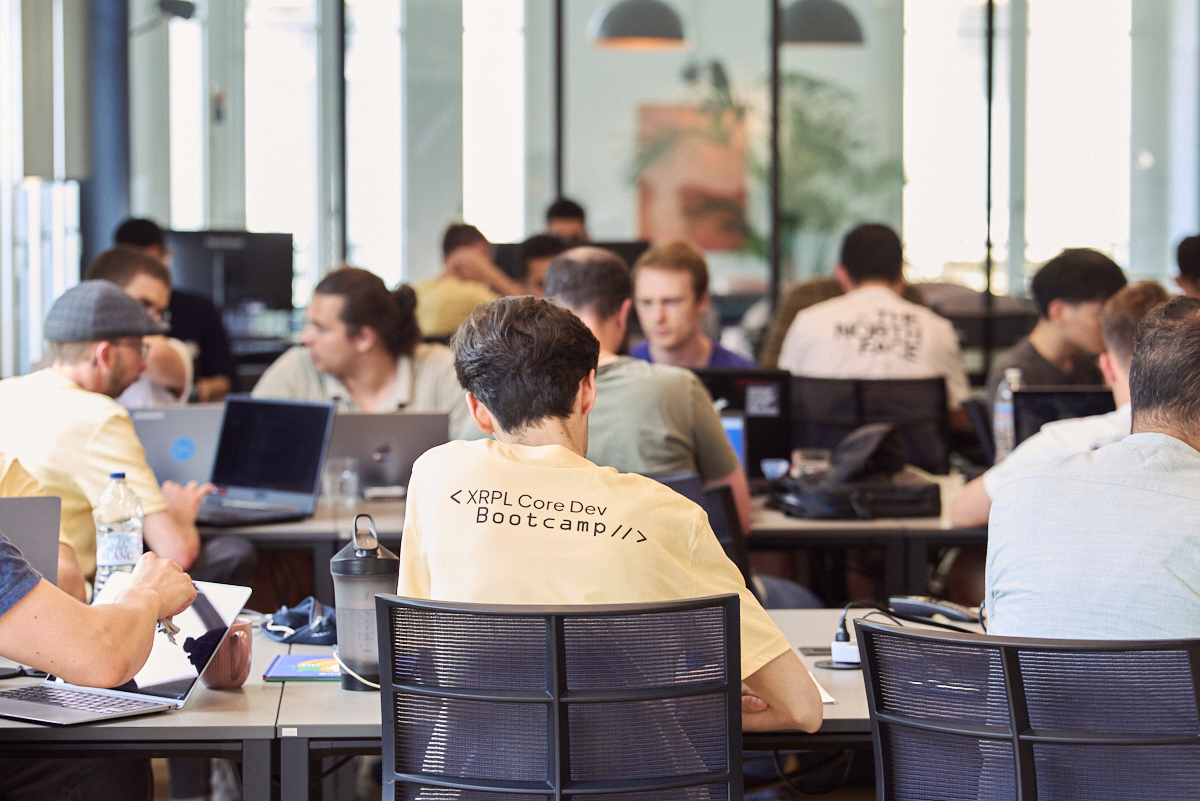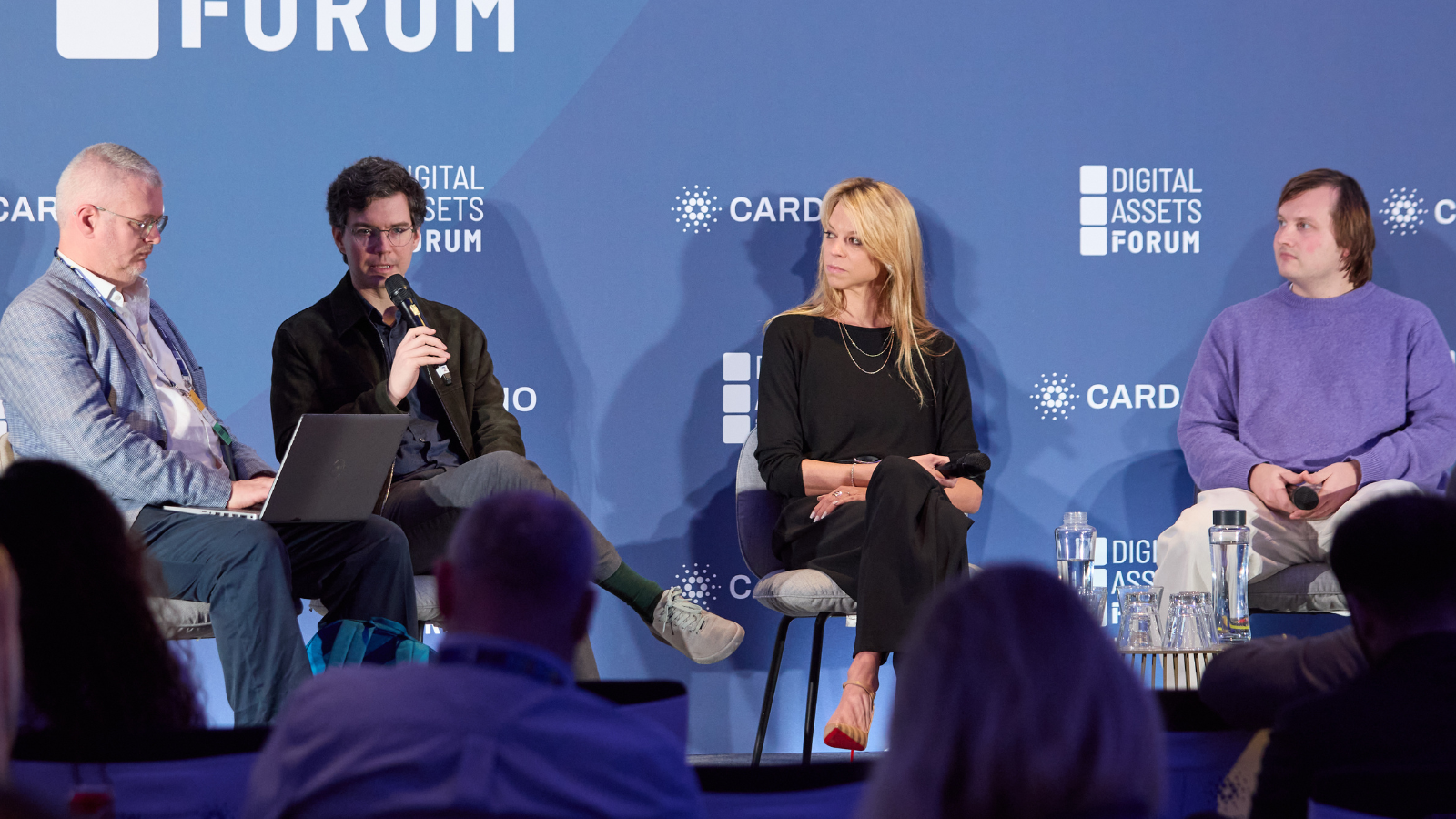This past July, XRPL Commons organized a unique and ambitious event: the Core Developer Bootcamp. For two weeks, we brought together developers, mentors, and core engineers from around the world to dive deep into the internals of XRPL and rippled, the open-source C++ codebase that powers the XRP Ledger.
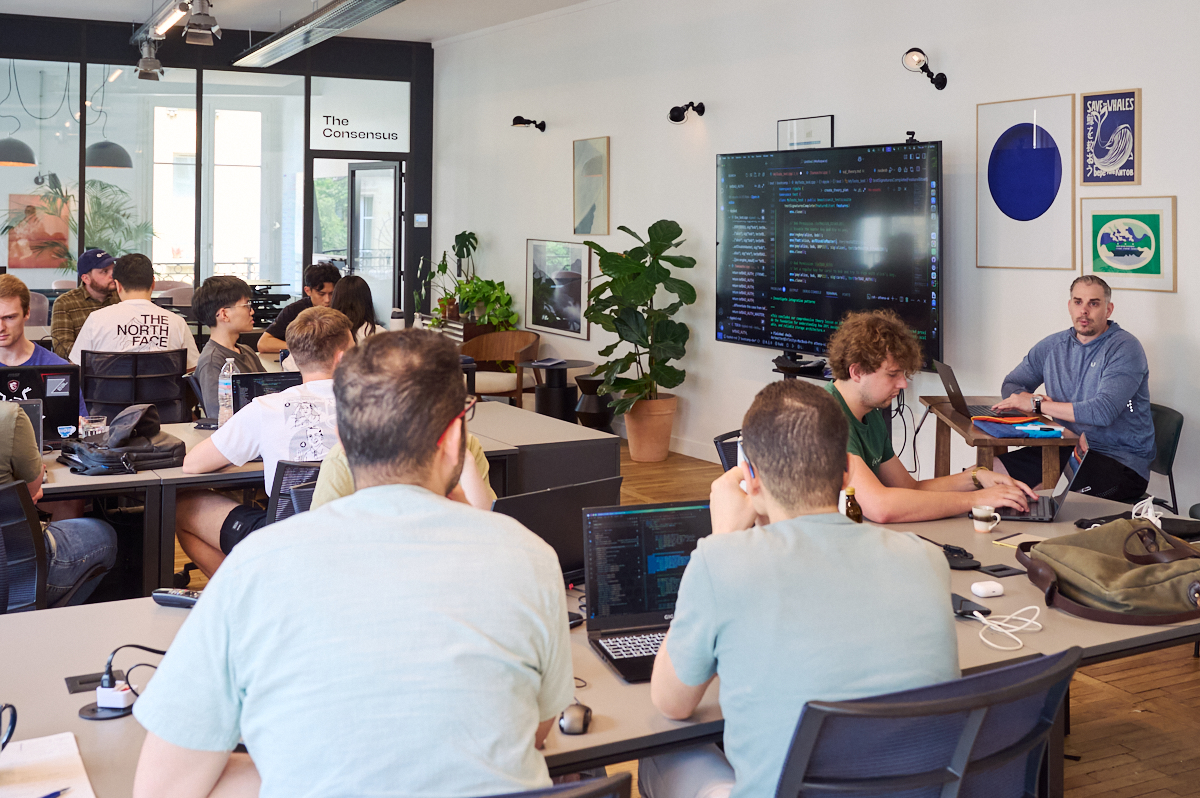
Led by Program Manager Denis Angell (Software Engineer, XRPL Labs), with talks and insights from some of the most influential minds in the XRPL ecosystem including David Schwartz, Vito Tumas, Qi Zhao, Mayukha Vadari, and Valentin Balaschenko, the bootcamp was more than just a learning experience. It was a catalyst for a new wave of contributors to XRPL core development.
A Global Cohort
Over 15 fellows from diverse countries and backgrounds were selected to attend, bringing their unique perspectives and enthusiasm for decentralized technologies. What was their shared aim? To become active contributors to the XRPL core, whether by drafting new amendments, optimizing existing code, writing unit tests, or improving documentation.
The Journey: From Rippled 101 to Real Contributions
The bootcamp was intense and hands-on. It kicked off with foundational sessions like "Rippled 101," setting the stage for deeper dives into the rippled architecture, consensus protocol, UNL (Unique Node Lists), and smart contract mechanisms on XRPL.
Each day was carefully structured with morning lectures and interactive sessions on key topics such as:
- Anatomy of a Rippled: Transactors, ShaMap, Ledger Entries
- Consensus mechanics and Negative UNL
- Cryptography and Signature tracing
- WebSocket architecture and RPC handlers
- Smart Contracts on XRPL: Comparisons and Practical Implementations
Afternoons were for sprints, group challenges, and hands-on assignments. Fellows got to build custom RPC handlers, simulate forks and fix broken networks, trace transactions through consensus, and even prototype new amendments.
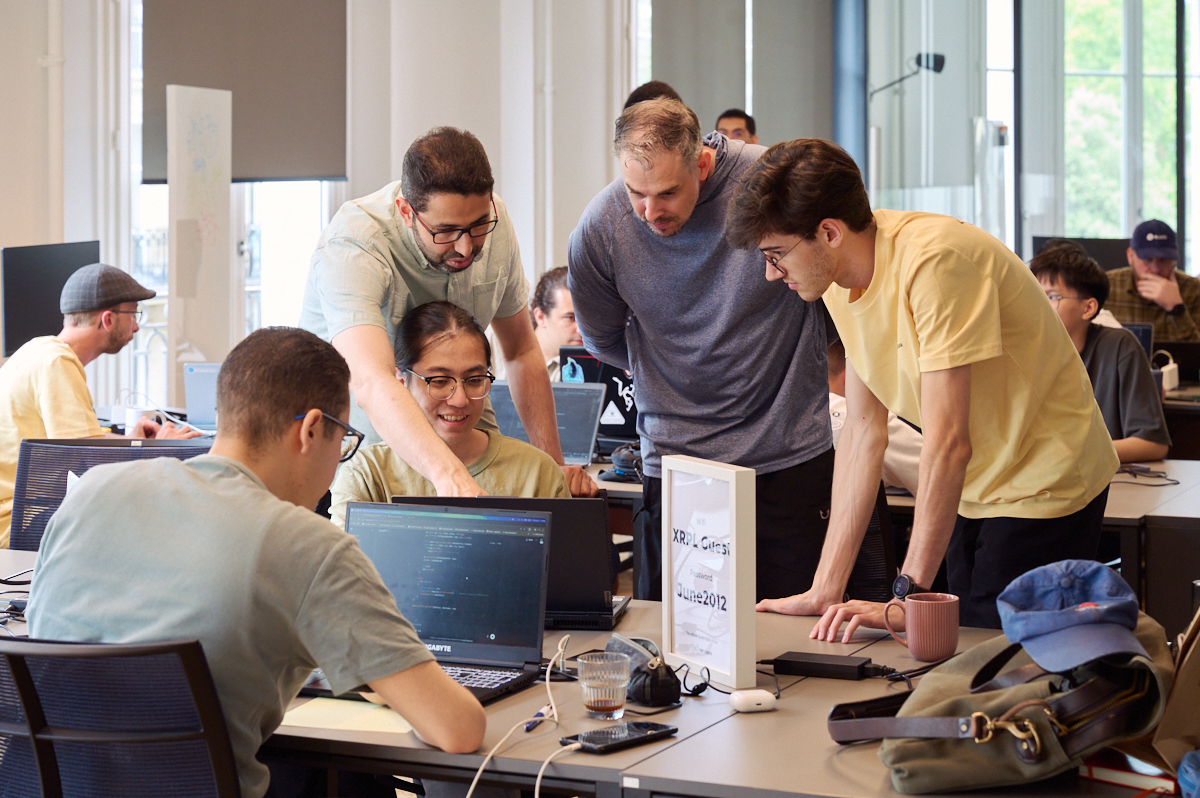
With a carefully structured curriculum, the bootcamp balanced deep technical lectures with hands-on coding through a sprint framework.
Learning By Doing: The Sprint Framework
The sprint-based structure helped fellows apply concepts quickly and effectively. Over several coding challenges, they explored RPCs, built and tested custom handlers, and integrated live data streams. The experience culminated in a "Code Quest," tracing a transaction from key generation to full validation.
Inspiration from Experts
One of the bootcamp’s major highlights was the expert talks. David Schwartz, CTO at Ripple and original architect of the XRPL, joined for an intimate Q&A and shared his thoughts on the future of core development, the amendment process, and the evolving role of developers in maintaining decentralized protocols.
Valentin gave a deep technical dive into the ShaMap, XRPL's internal data structure used to maintain the state of the ledger. Vito Tumas discussed the peer-to-peer layer, explaining how nodes communicate and synchronize across the network. Mayuka Vadhari focused on smart contracts, especially smart escrow design, and led a detailed walkthrough on how to draft and propose new amendments. Finally, Qi Zhao brought valuable insight into performance testing, helping fellows understand the tools and methodologies for ensuring scalability. Each session combined high-level vision with deep technical content, inspiring and equipping the next generation of XRPL contributors.
What's Next?
At XRPL Commons, we plan to continue this initiative, making core development more accessible and inclusive. If you’re a developer passionate about decentralization, performance-critical systems, or cryptographic protocols, we invite you to join us in shaping the future of XRPL.
Stay tuned for more bootcamps, open calls for contributors, and community-driven efforts.
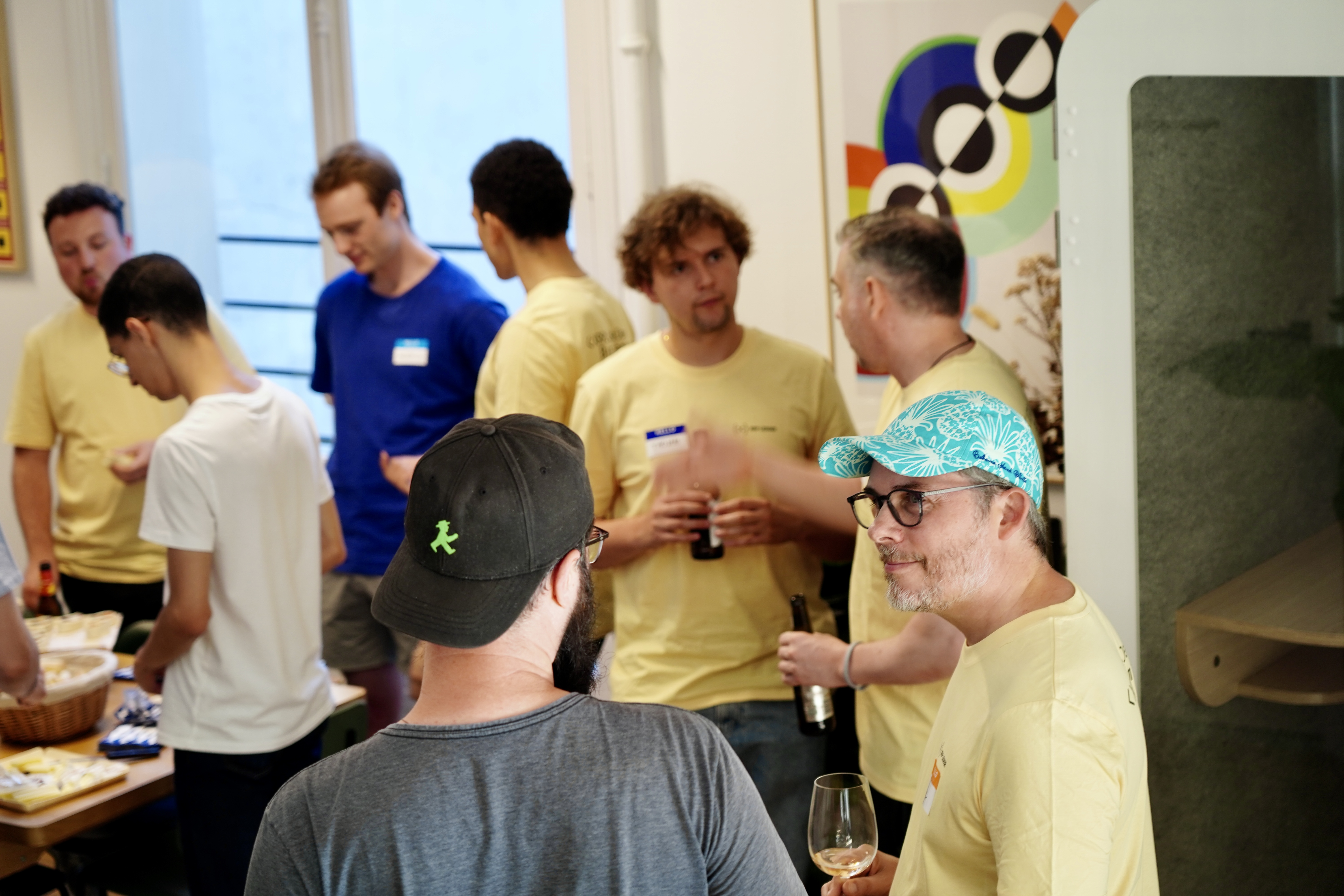
If you’re excited about decentralization, performance-critical systems, or cryptographic protocols, join us in shaping XRPL’s future. Check out the tutorials on our YouTube playlist, drop by our upcoming events, or apply for the next CoreDev Bootcamp!




